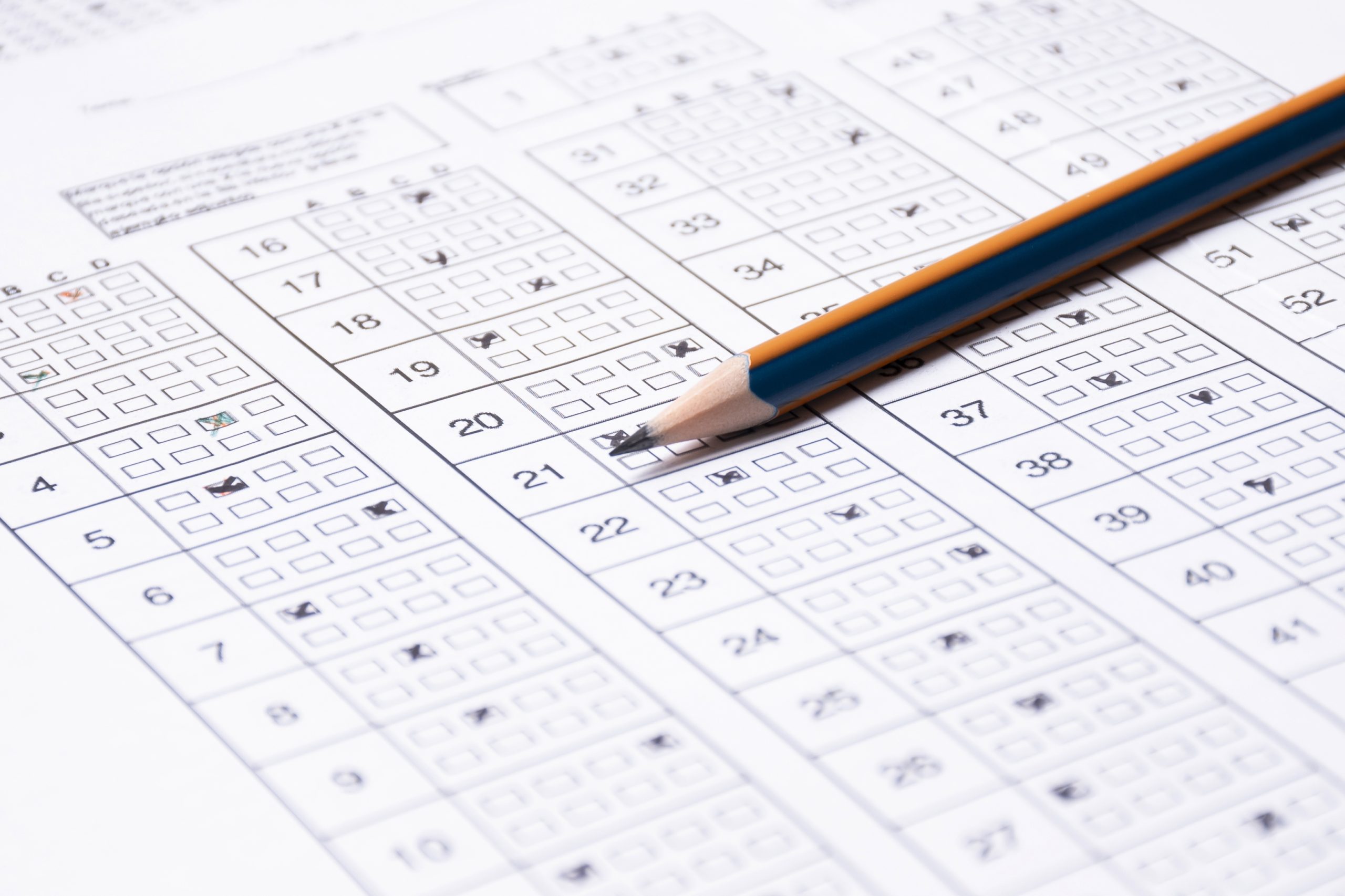Introduction:
Why Previous Year Papers Matter
At Shiksha Nation, we’ve interacted with hundreds of students who cracked JEE and NEET — and they all shared one secret weapon: previous year question papers. While coaching, notes, and mock tests help, nothing prepares you better than solving real exam questions.
Understanding the importance of previous year question papers can transform how you study. They help you recognise patterns, understand question styles, and improve time management. But beyond strategy, they also build confidence, a trait all successful aspirants share.
1. Understanding the Importance of Previous Year Question Papers
Previous year question papers (PYQs) are not just old question sets — they’re a blueprint of the exam. Every question reveals something about the examiners’ mindset. When students analyse these papers, they start noticing repeated concepts, tricky phrasing, and scoring patterns.
For instance, in NEET Physics, topics like “Laws of Motion” or “Current Electricity” have consistent weightage. Similarly, in JEE Mathematics, questions from “Calculus” or “Coordinate Geometry” appear every year. This pattern recognition gives students a clear direction and saves valuable study time.
2. The Psychological Edge: Familiarity Reduces Fear
Many students panic when they see tough questions on exam day — not because they don’t know the topic, but because they’re unfamiliar with the question style. Solving previous year’s question papers helps overcome this anxiety.
Once you’ve attempted multiple real papers, you realise the exam isn’t unpredictable. You’ve seen it before. This familiarity turns fear into confidence, and confidence improves performance.
Pro Tip: Set a timer and solve full-length previous year papers in one sitting — it conditions your brain for the real exam environment.
3. Accuracy and Time Management: Lessons from Real Papers
Every topper agrees: accuracy is what separates good scores from great ones. By solving previous year question papers, students learn how to balance speed with precision.
When Riya Sharma, a NEET 2023 qualifier, began practising with 10 years of NEET papers, she discovered her pattern of making silly calculation mistakes. With consistent practice, she improved her accuracy by 25%.
Similarly, Arjun Mehta, who cracked JEE Main 2024 with the 98.7th percentile, revealed:
“I stopped focusing on random mock tests and started revising through PYQs. They showed me exactly how questions are framed — that changed everything.”
These real success stories highlight the practical importance of previous year question papers in achieving better accuracy and faster recall.
4. Identifying Repeated Concepts and High-Weightage Topics
A surprising benefit of solving PYQs is discovering topic trends. Certain concepts get repeated in different formats — and identifying them early helps in focused revision.
For example:
-
In NEET Biology, questions from “Human Physiology” appear almost every year.
-
In JEE Physics, “Rotational Motion” and “Electrostatics” are frequent favourites.
This means, instead of covering every topic superficially, you can invest time in those that matter most — a smart strategy inspired by toppers.
5. Building Exam Strategy Through PYQs
Every exam has a rhythm. Through previous year question papers, you learn where to start, how to allocate time per section, and when to skip or guess.
NEET toppers often start with biology (for an accuracy boost), then move to chemistry, and finally physics. JEE aspirants prefer starting with their strongest subject to build momentum. Practising PYQs helps you discover your own rhythm, ensuring no surprises on exam day.
6. Boosting Conceptual Understanding
Many students mistakenly think that solving PYQs is just rote practice. In reality, it deepens conceptual clarity. When you go through detailed solutions, you learn how concepts are tested differently each year.
At Shiksha Nation, our mentors recommend:
“Don’t just solve PYQs — analyze them. Ask yourself why a question was asked and what concept it tests.”
This analytical approach strengthens your conceptual base and helps you handle twisted, application-based questions confidently.
7. Real Success Stories: Learning from Toppers
Here are a few inspiring examples that prove the importance of previous year question papers:
-
Sneha Patil, NEET 2022 (AIR 259): “I solved the last 12 years’ papers twice. It built my confidence and taught me how to handle lengthy biology questions.”
-
Rahul Gupta, JEE Main 2023 (99.4%): “PYQs were my revision guide. Every evening I solved one paper — it became my routine.”
-
Ananya Verma, JEE Advanced 2024: “I didn’t have expensive material, but I solved old IIT papers daily. That consistency made all the difference.”
These success stories prove that PYQs are not optional — they’re essential for smart preparation.
8. Common Mistakes to Avoid
Even though PYQs are powerful, some students misuse them. Avoid these mistakes:
-
Skipping analysis: Just solving isn’t enough — understand why you went wrong.
-
Ignoring updates: Always solve papers relevant to the current syllabus.
-
Neglecting revision: Revise your solved papers; it reinforces memory.
Learning from mistakes is part of the process — just like every topper did.
Conclusion: Your Shortcut to Exam Success
If you want to score higher in JEE or NEET, previous year question papers should be your daily companion. They give you insight, confidence, and direction — everything a successful student needs.
At Shiksha Nation, we’ve seen students rise from average to extraordinary simply by mastering this one habit. Remember, toppers don’t do different things—they do the same things differently and consistently. Start solving previous year question papers today, and you’ll see the change in your results tomorrow.
Also Read: From 50% to 90% Marks: Student Success Story


